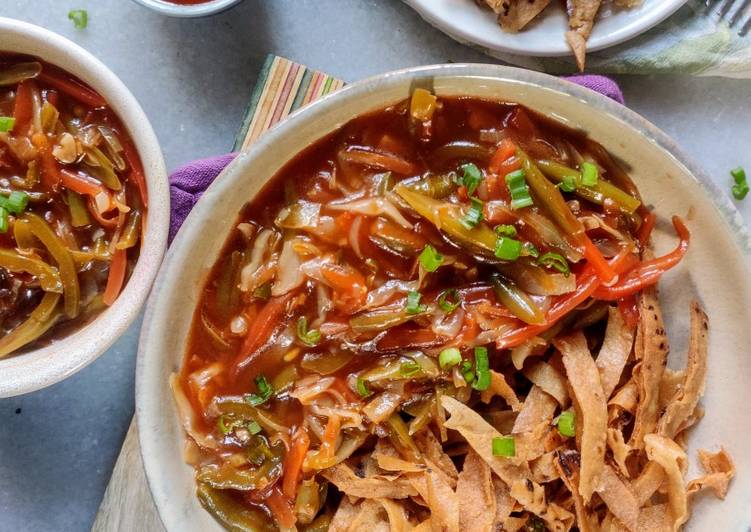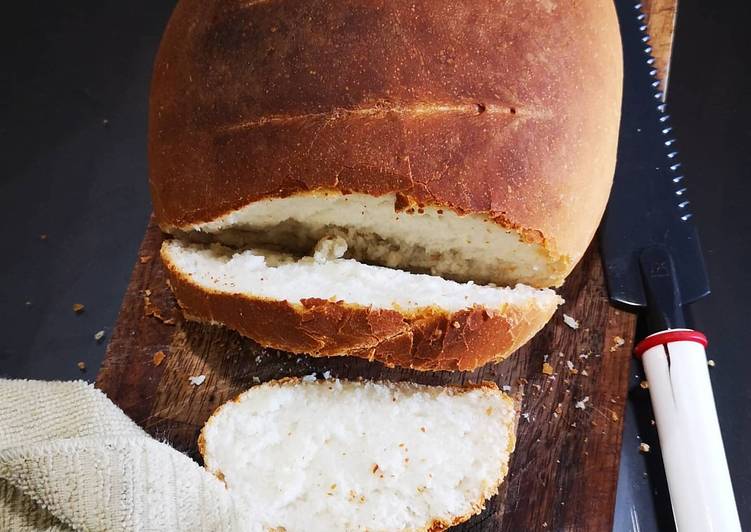
Hey everyone, it is Drew, welcome to our recipe site. Today, we’re going to prepare a distinctive dish, meen pollichathu- kerala style fried fish steamed in banana leaf. One of my favorites. This time, I will make it a bit tasty. This will be really delicious.
Meen Pollichathu- Kerala style fried fish steamed in banana leaf is one of the most favored of current trending meals in the world. It is easy, it is fast, it tastes delicious. It’s enjoyed by millions every day. Meen Pollichathu- Kerala style fried fish steamed in banana leaf is something which I have loved my whole life. They are fine and they look wonderful.
To begin with this particular recipe, we have to first prepare a few components. You can have meen pollichathu- kerala style fried fish steamed in banana leaf using 31 ingredients and 15 steps. Here is how you can achieve it.
The ingredients needed to make Meen Pollichathu- Kerala style fried fish steamed in banana leaf:
- Prepare full fillets of vanjaram (seer fish)
- Get Coconut oil for frying
- Make ready Banana leaves for steaming
- Prepare Tooth peaks or thread for tying parcels
- Take Onion rings and lime wedge for garnish
- Get For the marinade:-
- Get coconut oil
- Prepare green chilli chopped
- Prepare turmeric powder
- Take coriander powder
- Make ready cumin powder
- Get Kashmiri red chilli powder
- Prepare garam masala / whole spice powder
- Prepare salt
- Prepare fish masala powder (optional)
- Prepare For the onion masala:-
- Take large onions sliced thin
- Prepare curry leaves bunch
- Make ready green chillies finely chopped
- Prepare ginger finely chopped
- Make ready large cloves garlic chopped finely
- Get salt
- Prepare red chilli powder
- Get turmeric
- Make ready fish masala powder
- Make ready cumin powder
- Take garam masala
- Get coriander powder
- Prepare Apple cider vinegar
- Make ready red food colour (optional)
- Get Coconut oil for frying
Steps to make Meen Pollichathu- Kerala style fried fish steamed in banana leaf:
- Make the marinade for the fish ready first. Add all ingredients under marinade to a bowl. Make horizontal gashes or cuts on the fish (3 per piece) to help masala seep in well. Coat each piece of fish front and back well. Let it rest in the fridge for 20 mins.
- Prep the veggies for onion masala.
- In a non-stick pan add coconut oil. Throw in the ginger, garlic, green chillies & curry leaves until it turns aromat.
- Next add the onions to the pan and fry on medium-high flame until it browns well.
- Now add spices under onion masala to the pan. Mix well.
- Cover and cook on medium flame until raw smell of chilli powder leaves and oil begins to separate. The onion masala is now ready. Set aside.
- Fry the marinated fish on both sides with coconut oil until half cooked or for 4 mins (per side) Do not over cook the fish.
- Cut a big fresh banana leaf into 4 square pieces.
- Place one fried fish on top of leaf. Place 2 tbsp of the onion masala over it. Spread it all over evenly.
- Now make parcels with the banana leaves using tooth peaks or thread. Make all 4 parcels this way.
- Steam the fish parcels 2 by 2 in an idli cooker for 15-20 mins.
- Once all the steam in cooker evaporates, remove the parcels carefully. Garnish fish fry with onion rings and lime wedge. Serve immediately.
- Some tips: 1) you can use any fish here but mackerel and seer fish work well for this recipe.
-
- instead of fish masala powder you can substitute with little coriander powder, cumin powder, red chilli powder and tamarind water.
-
- instead of steaming in idli cooker you can also bake the fish. Preheat oven to 200 degrees Celsius and bake for 15-20 mins after frying.
So that’s going to wrap this up for this special food meen pollichathu- kerala style fried fish steamed in banana leaf recipe. Thanks so much for reading. I’m confident that you can make this at home. There’s gonna be interesting food in home recipes coming up. Don’t forget to save this page in your browser, and share it to your loved ones, colleague and friends. Thank you for reading. Go on get cooking!

